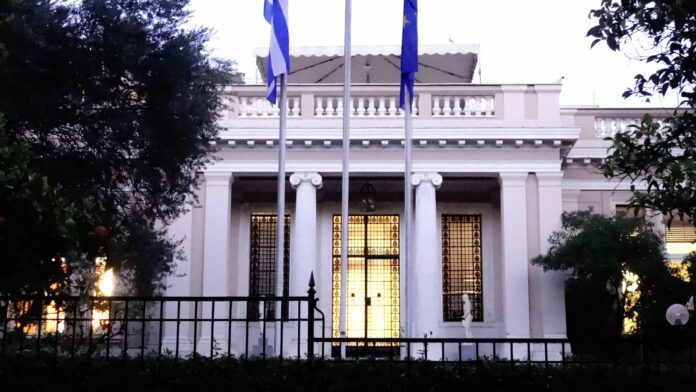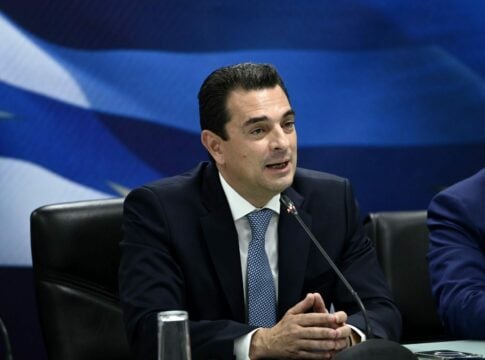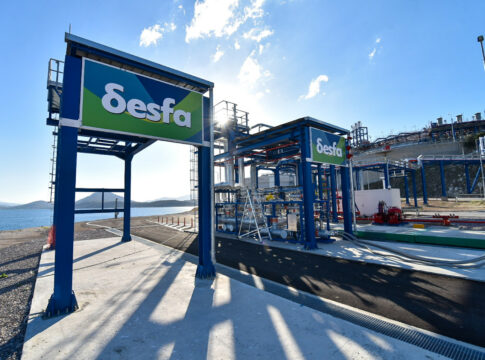Greece is on alert after the rapid developments in the Middle East and the impact that it may have on issues such as migration and the economy.
The attacks carried out by Hamas in Israel and the situation in the Gaza Strip, as well as their repercussions for Greece and the surrounding region, were discussed at the Government Council on National Security (KYSEA) meeting chaired by Prime Minister Kyriakos Mitsotakis on Thursday.
During the meeting, an overall overview of the situation in the region was made, as well as an update on the repatriation of Greek citizens from Israel under the coordination of the Ministry of Foreign Affairs. It is noted that “Eleftherios Venizelos” airport is one of the four points in Europe that serves repatriation flights from Israel, which it will continue for foreign nationals as well.
The government is monitoring developments, as no one knows how long the crisis will last and what extent it will take. Special emphasis is placed on guarding the borders, as there is a strong possibility that there will be increased migration flows in the near future. At the same time, security measures have been intensified to protect potential targets, while there is increased preparedness in accommodation structures where migrants are located.
It should be noted that Prime Minister Kyriakos Mitsotakis will participate on Friday in a teleconference of the leaders of the European People’s Party on the developments in the Middle East.
The economic impact
Athens keeps a wait-and-see stance, as it is still not possible to safely estimate to what extent the economy will be affected. At the moment the impact does not seem to be significant, however this will depend on many factors such as the duration of the crisis and the attitude of the Gulf countries (for example, oil production).
At the same time, it remains to be seen what will eventually be done with a series of plans for the region. For example, at the beginning of September, a tripartite meeting of Greece – Cyprus – Israel was held with energy among other things on the agenda, while the possibility of expanding cooperation with the participation of India was discussed. Now all plans “freeze” and the next steps will be determined by the duration of the war.
Greece’s five-point plan
Foreign Minister recently unfolded a five-point plan in his address to the EU-Gulf Cooperation Council Ministerial Meeting held in Muscat.
- First, unanimous condemnation of violence, terrorism, and inhumane treatment.
- Second, immediate release of all hostages and abductees.
- Third, abstention from any act of aggression against civilian targets.
- Fourth, assurance of humanitarian assistance and humanitarian corridors in order to make sure that there is no life in danger.
- Five, call for a special summit concerning the Middle East situation with the participation of the United Nations, the European Union, the Arab League, and the two parties involved, Israel and the Palestine Authority.















